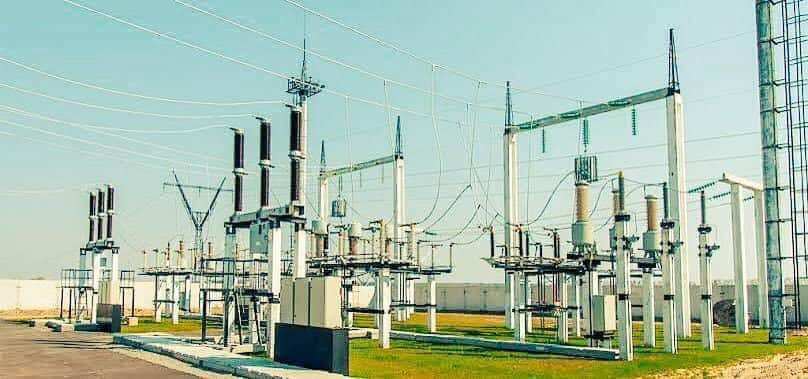
The federal government has agreed to provide a tariff relief of N10.20 per kilowatt of electricity for Nigerians for the next three months and also massively distribute free meters to electricity consumers.
This was one of the resolutions of the technical committee set up by government to negotiate a way out of the logjam in the increment of electricity tariff which led to organised labour’s plan to embark on strike that was later suspended.
The committee comprised representatives of the government and the two labour centres, the Nigeria Labour Congress, NLC, and Trade Union Congress, TUC. Rising from the meeting late Sunday night, the Minister of State for Labour and Employment, Festus Keyamo, announced this in a communique posted on his twitter handle, following the expiration of the two-week suspension of the increased electricity tariff, that the Federal Government would use VAT proceeds to temporarily subsidize tariffs while the Ad-hoc committee will work for two more months to resolve other issues regarding tariff adjustments.
Keyamo said: “Other immediate reliefs include the provision of six million free meters to Nigerians, salary protection for electricity workers, a mandatory refund for any over billing during system transition by DISCOs, monthly publication by the National Electricity Regulatory Commission, NERC, of allowed billing of unmetered customers, etc.” He added that the ad hoc committee set up by the Federal Government and organised labour last month agreed to adopt a two-phase approach to proffer solutions to resolve issues in the sector on a medium-term basis.
Labour had suspended its planned industrial action after the Federal Government suspended the tariff increase, pending the outcome of their negotiation. The Federal Government, through the Nigerian Electricity Regulatory Commission, NERC, in January approved the immediate review of electricity tariffs across the country. A review of the new amount to be paid by various categories of electricity consumers indicates an increase that ranges from 59.7 per cent to 77.6 per cent.
Consumers classified as residential (R1) were, however, excluded from the review as the N4 per kWh they pay was left unchanged Speaking in a similar vein yesterday, The Presidency said it would work out modalities to ensure that customers overcharged by the Eleven Electricity Distribution Companies, DISCOs, during the recent hike in tariff got their refunds.
Special Adviser to the President, on Infrastructure, Ahmad Rufai Zakari, who disclosed this, said the DISCOs would distribute six million prepaid meters to Nigerian households. Recall that the Nigerian Electricity Regulatory Commission, NERC, earlier in September, increased electricity tariff from N30.23 per kilowatt to N62.33 Per kwh. Following the tariff increment, five distinctive bands (A-E) were created to reflect the various service levels and minimum hours of power supply.
For instance, customers in “Band A” were to enjoy a daily minimum supply of 20 hours; those in “Band B”, a minimum of 16 hours; “Band C”, 12 hours; “Band D”, 8 hours, while those in “Band E” were expected to enjoy a minimum daily supply of 4 hours. Vanguard also gathered that the impact of the reviewed tariff would only apply to customers in Bands A, B and C; while the tariff for customers in Bands D and E remains frozen until their service quality was improved upon, after which they will be migrated to the Band that suits their supply availability.
The BluePrint













